Chris (Yeyuan) Yang


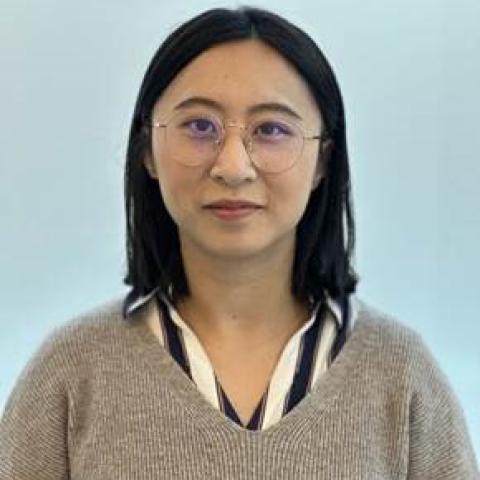

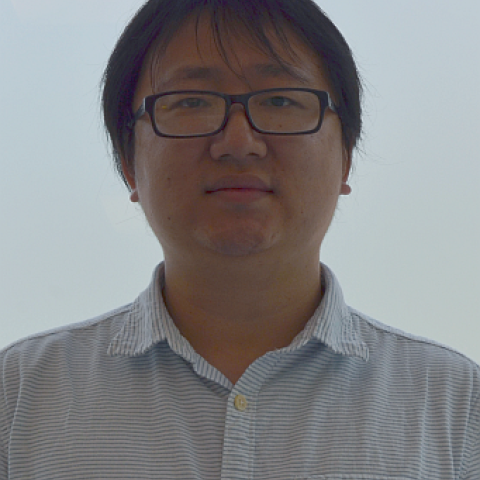
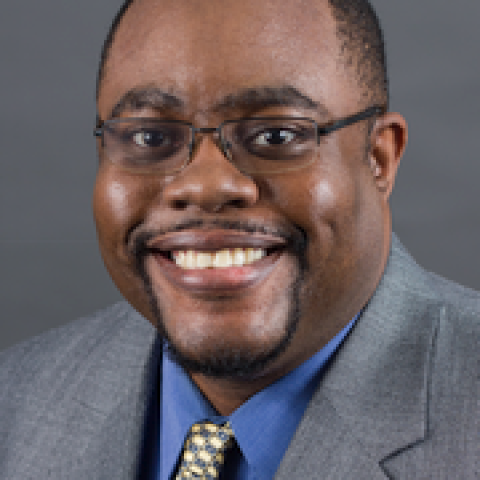
Mikkel A. Thomas has worked for the Institute for Matter and Systems since 2008. He earned a Bachelor of Science in Electrical Engineering in 1997, a Master of Science in Electrical Engineering in 1999 and a Ph.D. in Electrical Engineering with a specialization in Optoelectronics in 2008, all from the Georgia institute of Technology. Prior to his employment at Georgia Tech, Thomas worked at OptiComp Corporation located in Zephyr Cove, Nevada. His research at the company revolved around the development of VCSEL based, integrated optical communication systems for use in satellites and other aerospace applications. Since arriving at Georgia Tech, in the IMS, Thomas has provided cleanroom processing support to the academic faculty and their graduate students. He also provided processing support and fabrication services for entities not directly affiliated with the institute. Additionally, he was the lab instructor for ChBE 4050. In 2022, Thomas was named the Associate Director for Education and Outreach in IMS. In this role, Thomas is responsible for all the outreach efforts of the IRI covering K-Grey. He also organizes all the education coordinators in the National Nanotechnology Coordinated Infrastructure (NNCI) as part of his role in the NNCI coordinating office located at Georgia Tech.
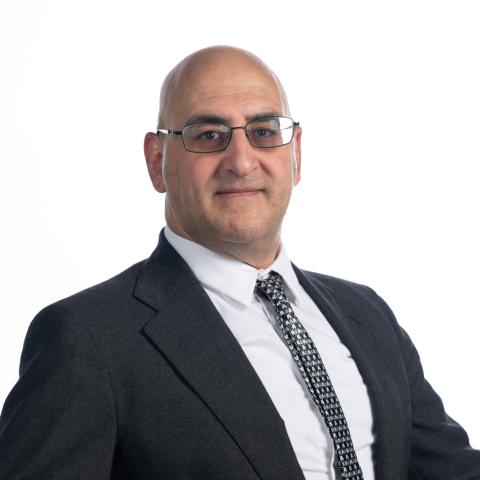
David Tavakoli is the lead for the X-Ray Analysis Core for the Materials Characterization Facility (MCF) and has been at Georgia Tech since 2012. He is a member of the Radiation Safety Committee at Georgia Tech as well as a member of the local chapter of the American Chemical Society (ACS). His responsibilities include:
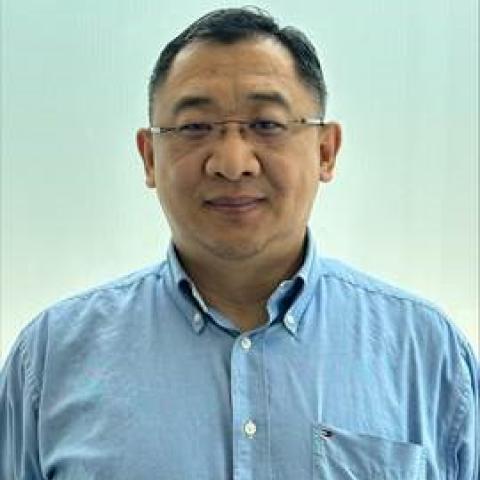
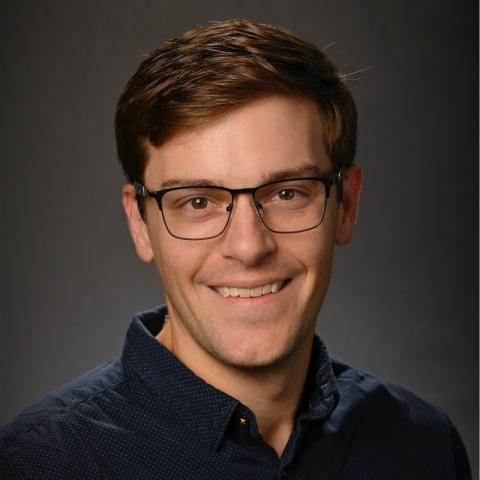
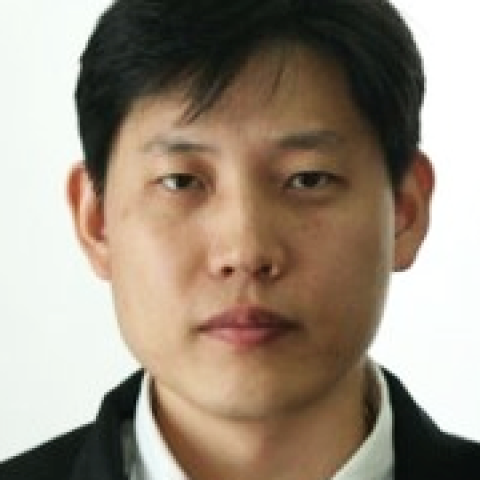
Seung-Joon Paik received his B.S. degree at the School of Electrical Engineering in 1999 and the M.S. and Ph.D. degrees at the Electrical Engineering and Computer Science from Seoul National University, Seoul, Korea, in 2001 and 2005, respectively. His doctorate research focused on the design, microfabrication and testing of silicon microneedles for neurophysiologic applications, including microfluidic channels and microelectrodes. He was with Automation and Systems Research Institute in Seoul National University, as a postdoctoral associate from 2005 to 2007, where he developed sensors and systems of Inertial Measurement Unit (IMU) for localization and locomotion of robots. After joining a spin-off company from the research lab, SML Electronics, Inc., in 2007, he led the process team for the 8-inch wafer-level packaging process and foundry manufacturing process of MEMS accelerometers and gyroscopes for mobile applications as a senior research engineer. In 2008, he joined the MicroSensors and MicroActuators Laboratory (MSMA Lab.) in Georgia Institute of Technology, Atlanta, Georgia. He has led the BioMEMS research group at the MSMA Lab as a postdoctoral fellow. The BioMEMS research group is dedicated to developing micro/nano needles and biosensors for drug delivery and electrochemical sensing. In 2013, as a research engineer II at the Institute for Electronics and Nanotechnology (IEN) in Georgia Tech, he oversees and coordinates lab sections for College of Engineering courses within IEN which provides instructions to students about CMOS transistor fabrication and MEMS fabrication. He has been teaching and mentoring junior-level research engineers and graduate students on design, analysis, micromachining processes, and technical writing and presentation at Seoul National University, SML Electronics, and Georgia Institute of Technology. In 2014, he also worked in Southern Polytechnic State University (currently, Kennesaw State University) as an adjunct professor and taught a course of Microelectronic Engineering and its labs.
He has published 65+ reviewed journal and conference papers, and invented 13+ patents in USA and Korea, and has been a reviewer for the following Journals – IEEE Journal of Microelectromechanical Systems (JMEMS); IOP Journals of Micromechanics and Microengineering, Nanotechnology, Material Science and Technology, Journal of Physics D, and Smart Materials and Structures; and Sensors and Actuators A: Physics. His current interests are in research and development for the micromachining of silicon and polymer materials and in biomedical applications of micromachined devices and also in inertial sensors, 3-D multi-chip packaging of MEMS devices, energy storage/conversion devices and nano-scale structures.

Anna Österholm is a Principal Research Scientist who has been at Georgia Tech since 2012. She earned her Ph.D. in analytical electrochemistry from Åbo Akademi University in Finland and has been active in the area of electroactive polymers for two decades. Her main research interest include probing structure-property relationships of conjugated organic molecules and polymers, organic electronics, electrochromism, solution processing of polymers, and conjugated polymer electrochemistry. Österholm has contributed to over 50 research articles, authored two book chapters on electrochromism, and holds co-inventorship on six patents in the area of electrochromic polymers and small molecules.